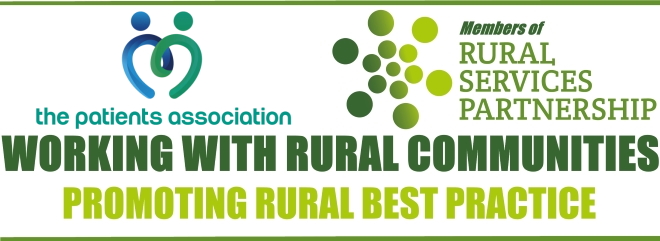T: 01822 851370 E: [email protected]
Visit RSN Survey about life in rural England to find out more.
Research shows patients want more control over how their health data are shared

Recent research finds that patients support the use of patient data in health research but do not like the idea that some companies may make money from the use of their health data.
We also found that patients mistrust many organisations involved in the sharing of individuals’ health data.
These findings come from work the Centre for Social Ethics and Policy (CSEP) at the University of Manchester undertook with patients.
The project is part of the GP Data Trusts pilot project, funded by the Data Trusts Initiative. It was set up to understand why so many people opted out from NHS Digital’s GP Data for Planning and Research (GPDPR) programme when it was launched in 2021. The programme was supposed to enable the sharing of data held by GP practices to improve planning of services and support research.
The work did find a possible way of sharing health information that could meet patients’ concerns about keeping data secure, recording data accurately, and only using data for ethical purposes.
This was by holding patient data in legal Trust. Patients who took part in the research believed a Trust may help patients to ensure their choices are respected.
Researchers at CSEP approached us to run focus groups with patients that would give them insight into why 1 million people chose to opt-out of the GPDPR programme when it was announced, and what would need to be in place to make people feel comfortable about sharing their data. We set up two focus groups with 24 patients selected to give a diverse representation of age, ethnicity, and region.
What the research found
A lot of participants in the study felt they had not been given enough information about the GPDPR programme. Some participants would have been happy to share their data if they had known more about the programme, but because they had not been given enough information to decide for themselves, they opted out.
Participants were unhappy that NHS Digital, which was going to launch the programme, had, in their view, simply decided what it would do with their data, rather than asking people to share their data.
What could be done better
Most participants wanted more information about what their health data would be used for if they shared it and how it would be kept secure. Some wanted to be informed about every use of their data and the benefits achieved.
Participants wanted more ongoing control over the use of their health data rather than a one-off choice whether or not to share them.
Conclusions
Lack of trust in the organisations involved in the sharing of healthcare data was the main reason patients opted out of the GPDPR programme. They did not trust that their GP data would be handled securely and only used for purposes they considered ethically acceptable.
The report suggests that to be trusted, any process of data sharing must provide patients with information about who their data are being shared with and why. It must also give patients more opportunity to control the use of their data.
Without these features, patients’ concerns over sharing their health data will remain and these could lead to a lack of trust in future health data sharing initiatives.
The full report, General Practice Data Trust (GPDT) Pilot Study: Report on Patient Focus Groups is available on the Patients Association’s website.
About the Patients Association
The Patients Association is an independent charity whose purpose is to ensure that everybody can access the health and care they need to live well, by ensuring that services are designed and delivered through equal partnership with patients.



